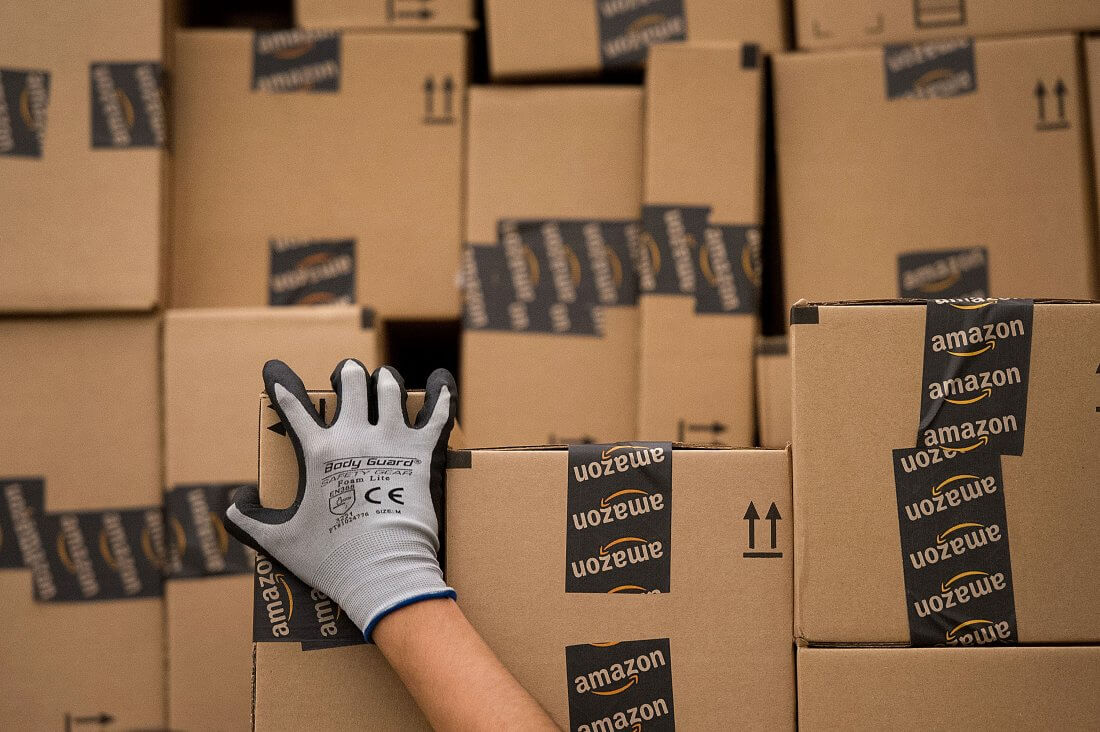Amazon is once again ruffling the feathers of publishers and authors alike, this time for a change in its policy that allows the “buy button” to redirect to the seller with the best customer service rating and pricing for the item. That’s all well and good if you’re purchasing a kayak from a third-party seller–after all, lower prices and faster order fulfillment are what keep customers coming back–but this change also extends to books.
This change means that the very publishers who sell their own works–whether they are the authors themselves, fully operating publishers, or authors with their own imprint for business purposes–can now be undersold and therefore not be the actual seller when a consumer (oblivious to the rule change) clicks “add to cart.” Unless the consumer takes the time to notice who will be fulfilling the order and then bothers to click for further options in order to find the actual content owner, one of the many “bookshop” sellers who buys a book, undercuts the price, and then makes up for it in outrageous shipping fees can get that sale.
The middle-of-the-fence conundrum is this: what exactly does Amazon “owe” to authors? Yes, it was arguably the authors and small presses who’ve propelled Amazon to its current earning status by selling their content and bringing in customers, otherwise Amazon could have just been another B&N, Borders, or Books-A-Million. But who is Amazon’s favored demographic, writers or consumers?
When Goodreads (owned by Amazon) was facing near-daily backlash for allowing abusive reviews that ultimately ended up on retail channels due to API agreements, the site had a simple message for the victims: “we’re not here for authors to feel good, we’re a site for readers to express their opinions.” Basically, the answer was suck it up, buttercup, and Goodreads refused to take the requested drastic action against members who were seen as unfair in their behavior.
Now, the same is true of Amazon’s retail practices. Their end goal is providing the best possible outcome for consumers in order to retain customers, and less about making sure authors earn as much money as they can. The only recourse at this time for authors who don’t agree is to stop allowing Amazon to be their only retail channel, something that might actually hurt Amazon enough to force a change to this rule. Perhaps it’s time to help the next retail channel grow too big.
Mercy Pilkington is a Senior Editor for Good e-Reader. She is also the CEO and founder of a hybrid publishing and consulting company.

